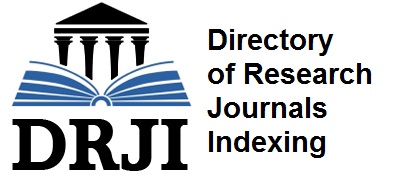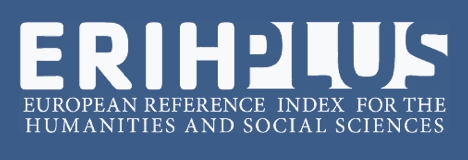Odessa. Un’identità mutevole e plurale
Odessa. A plural and changing identity
Abstract
The city of Odessa, with its ancient Greek and Ottoman-Turkish roots, was re-founded by Catherine II in 1794 and became a thriving city with a colonial atmosphere, attracting Russian, Italian, Greek, Jewish and other immigrant communities, competing for the prosperous trade routes linking the Russian Empire with the Mediterranean. Italians and Greeks had a prominent role in the early times, while Jews subsequently managed to dominate the cultural and economic life until the troubled events of the Twentieth Century deeply changed the city’s identity and ethnic composition. Odessa is now a proudly “Russian” city within an increasingly nationalist Ukrainian State. Traces of its ancient multiculturalism and new geopolitical challenges make Odessa a linkage between the tensions and opportunities which characterize the identity of cosmopolitan and plural cities.
La città di Odessa, dall’antica storia greca e turco-ottomana, fu rifondata da Caterina II nel 1794 e divenne una fiorente città dall’atmosfera coloniale in grado di attirare immigrati russi, italiani, greci, ebrei e altre comunità che si contendevano i floridi traffici commerciali che fecero della città l’anello di congiunzione fra l’Impero Russo e il Mediterraneo. Se i primi protagonisti furono gli italiani e i greci, furono poi gli ebrei a dominare la vita economica e culturale cittadina fino alle tormentate vicende del Novecento, che ne hanno cambiato profondamente l’identità e la composizione etnica, sino ad arrivare all’attuale tormentato status di città orgogliosamente “russa” all’interno di un’Ucraina sempre più nazionalista. Tracce dell’antico multiculturalismo e nuove sfide geopolitiche fanno di Odessa uno snodo delle tensioni e delle opportunità che caratterizzano le città dall’identità cosmopolita e plurale.

This work is licensed under a Creative Commons Attribution-NonCommercial 4.0 International License.
Authors who publish with this Journal agree to the following terms:
Authors retain copyright and grant the Journal right of first publication with the work simultaneously licensed under a Creative Commons Attribution-NonCommercial 4.0 International License.
This Journal permits and encourages authors to post items submitted to the Journal on personal websites or institutional repositories both prior to and after publication, while providing bibliographic details that credit, if applicable, its publication in this Journal.

















